
Facebook test brings context to links that are shared in your newsfeed
One of the problems with Facebook -- and the internet in general -- is that it has been incredibly democratizing in terms of who is able to publish news and other messages online. Democratization of anything is usually perceived as a good thing, but as the genuine problem of "fake news" (i.e. not the notion peddled by Trump that anything presenting an opposing idea is fundamentally untrue) demonstrates, it can also be a bad thing.
To help with this, Facebook is testing a feature that helps to add context to stories and links that appear in your newsfeed.

Trump takes to Twitter to complain that Facebook is anti-Trump
Facebook is currently under investigation for displaying advertisements placed by Russia to try to influence the 2016 presidential election against Hillary Clinton, but Donald Trump is convinced that the social network is against him.
In a tweet, the president set out a simple accusation: "Facebook was always anti-Trump." Dredging up his bugbear of "fake news" he also made the same claim of television networks and newspapers. More than this, he suggests that there may have been collusion between those he regards as being "anti-Trump."
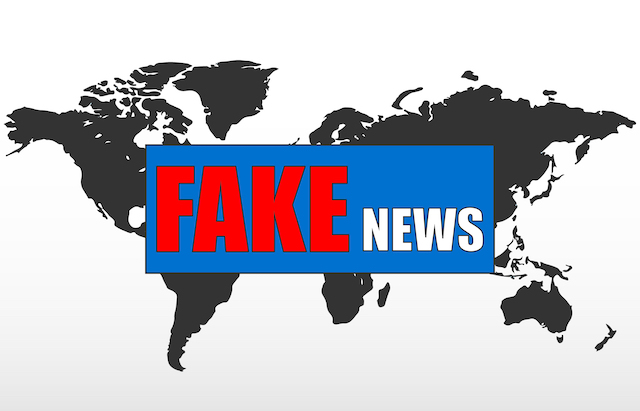
TVAddons exposes 'fake news' about Kodi
President Donald Trump seems to enjoy calling any news organization that isn't favorable towards him "fake news." He has overused the term to the point that it is a parody of itself -- when it leaves his lips, at least. With that said, fake news is a legitimate concern. There have been cases where organizations have shared news that was either untrue or misleading. Sometimes this is caused by bad reporting, but in other cases, it could be intentional -- such as spreading fake news and advertisements on Facebook to help someone get elected, for instance.
Today, TVAddons -- a Kodi community website/group that focuses on addons -- announces that it is fed up with fake news about Kodi. In fact, it even calls out some news organizations and specific articles that it argues spread falsehoods about the open source media center. It is a great read, and the group shares explanations as to why each news story is "fake news" or "clickbait."
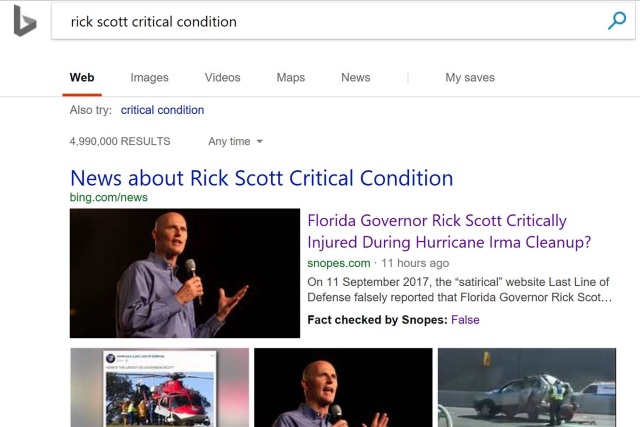
Microsoft enters the fight against fake news as Bing gains Fact Check label
The "fake news" moniker may be a relatively recent one, but the phenomenon is not exactly new. Search engines and social media sites have long fought a battle against rogue news sources, and Microsoft's latest attack sees the company adding fact-checking to Bing.
The addition of Fact Check labels means that anyone looking at search results should be able to tell at a glance if a particular news story has been debunked. The label can be applied to sites as a whole as well as individual articles, making it easier for Microsoft to alert people about poor news sources -- although the company does not do any actual fact-checking itself.
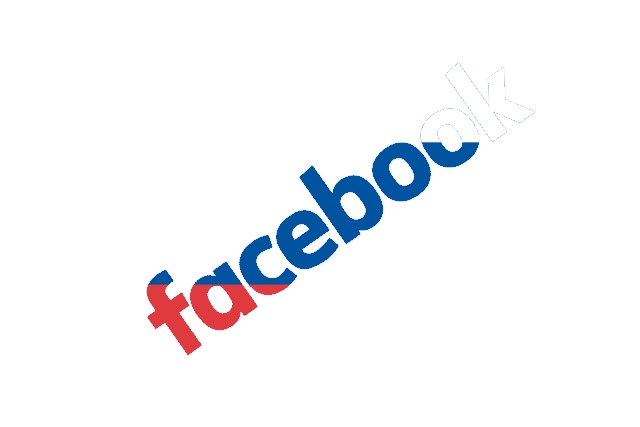
Facebook says it is likely Russia paid for polarizing political ads during US election
Speculation about Russian interference in the US election that saw Donald Trump propelled to presidency has been rife for months. Now Facebook has conceded that it's likely that a group operating out of Russia was responsible for taking out $100,000 worth of advertising that "focus[ed] on amplifying divisive social and political messages across the ideological spectrum."
The ads appeared between 2015 and 2017, and touched on polarizing topics such as gun rights, LGBT issues, race and immigration. Facebook is quick to point out that the advertising related to "inauthentic" accounts and Pages and that these have now been closed down, and the social network continues to help with federal inquiries into attempts to control the outcome of the 2016 election.
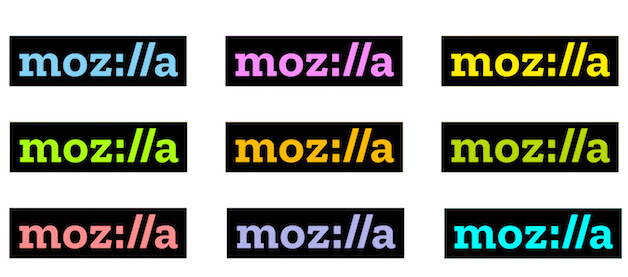
Mozilla Information Trust Initiative is ready to fight fake news
Facebook is not the only tech company looking to tackle the problem of fake news online. Mozilla, the company behind Firefox, has created the Mozilla Information Trust Initiative (MITI) in a bid to increase the credibility of the internet.
This is not a solo venture. Mozilla is seeking partners it can work with to conduct further research into fake news, and then develop products to battle what it terms "information pollution" online. The company recognizes that the fake news phenomenon is not properly understood, and that the techniques used to disseminate twisted versions of stories are advanced.

Three ways to protect your brand from fake news and other frauds
Fake news is not new. It has been around since the invention of print some 500 years ago. It was used to sensationalize and inflame passions and prejudices, a trend that’s carried over into our current culture. Today, fake news is increasingly being combined with social media to peddle products with false claims and endorsements.
MSNBC columnist, Herb Weisbaum, describes this phenomenon perfectly: "Some sleazy companies are using a deceptive marketing technique to trick people into buying wrinkle creams and diet pills. They've created fake news websites with fake celebrity stories and fake product endorsements."
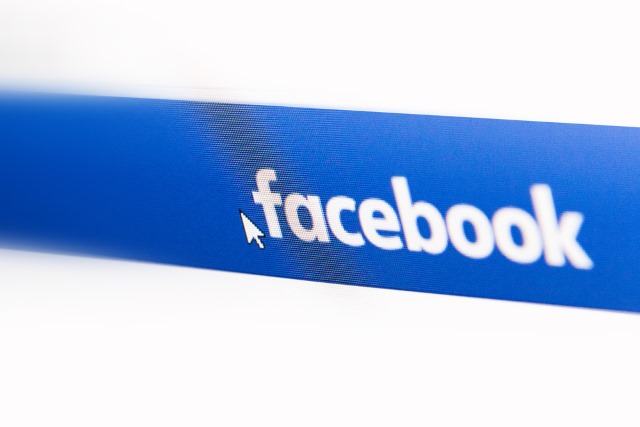
Post too much to Facebook and it will be assumed that you're spreading fake news
Facebook's ongoing battle against fake news continues, and the social network has a new weapon in its arsenal. To cut down on the amount of spam and fake news appearing in News Feeds, users who post a lot each day will have their visibility reduced.
The thinking behind this is that there are some Facebook users who "routinely share vast amounts of public posts per day," and the company has found that the content shared tends to be spammy or fabricated stories. Facebook says that the change could mean that even legitimate publishers find that their reach is reduced, however.

Google News benefits from a major redesign and fact-checking
It may be a while since you took a look at Google News, but there's never been a better time to revisit the site. Google has just launched a major overhaul of the site, focusing on not just changing the look, but also improving navigation and giving more balanced coverage to stories.
The news aggregation site has been due something of an overhaul for some time, and the update cleans out the clutter, introduces a card layout, and places increased importance on balanced portrayal of topics and fact-checking.
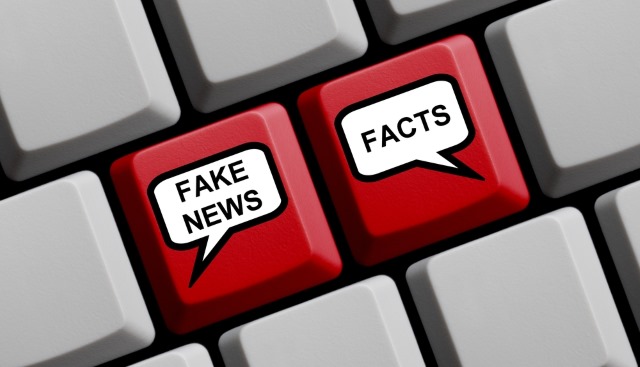
Facebook's solution to fake news: 'fight information with more information'
It may be Donald Trump who is obsessed with what he perceives as "fake news" (translation: anything which is not in line with his personal views), but there is a genuine problem with the dissemination of false information online, particularly on social media sites such as Facebook.
Just as it has voiced a commitment to tackling its well-known problems with trolling and abuse, Facebook has also made a great deal of noise about fighting fake news. Despite this, Facebook shareholders have rejected proposals that suggested the company should release a report into the impact of fake news. Mark Zuckerberg thinks he has a solution: "fight information with more information."

Facebook cleans up News Feeds by reducing links to 'low quality', clickbait content
When it's not being accused of being used for propaganda or peddling fake news, Facebook is often criticized for being home to meaningless clickbait that exists only to generate ad revenue. As part of an on-going drive to make people's News Feeds more useful and pleasant to use, the social network is clamping down on what it refers to as "links to low-quality web page experiences."
Facebook wants to cut back on content that is "misleading, sensational and spammy" and links to web pages that contain "little substantive content and that is covered in disruptive, shocking or malicious ads." Starting right now, you should start to see fewer of these links.

British voters concerned about the impact of fake news on elections
With the UK's general election campaign now in full swing, a new study of 2,000 adults finds that 68 percent are concerned that fake news could influence the outcome.
In addition, 26 percent are not confident in their ability to identify a fake story and a further 39 percent were unsure if they had ever seen one. This makes Facebook’s decision to publish tips on spotting fake news timely.
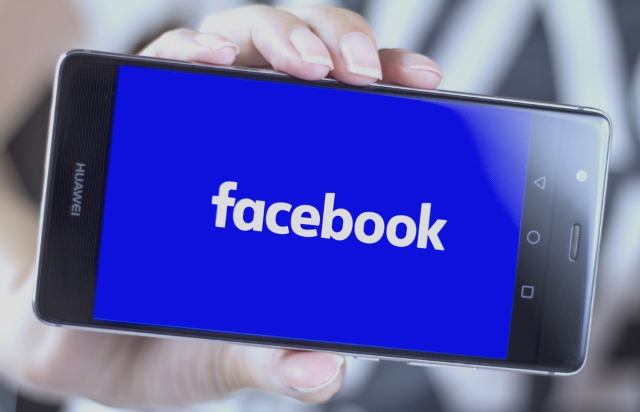
Facebook uses newspaper ads to warn about fake news and gives tips to help spot it
Facebook's fight against fake news has been taken to the printed press. The social networking giant has taken out a series of ads in UK newspapers giving tips about how to spot fake news. The ad campaign comes as Brits prepare to go to the polls and vote in the snap General Election in a month's time.
The issue of fake news really came to prominence in the run up to the US election, and research has shown that Facebook has become a tool that is used as part of campaigning to spread propaganda. In addition to the print ads, Facebook has also closed down thousands of UK accounts and is also expanding its automated system for spotting fake news to the UK.
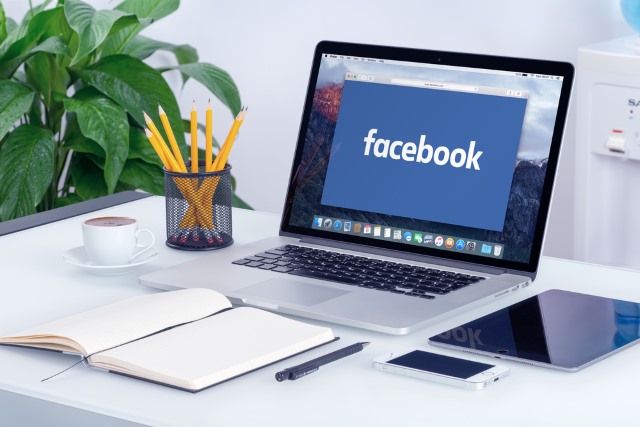
Report: Facebook really is used for propaganda and to influence elections
It's something that many people have expected for some time, and now we know that it's true. Facebook has admitted that governments around the world have used the social network to spread propaganda and try to influence the outcome of elections.
In the run-up to the US election, there was speculation that powerful groups had been making use of Facebook to influence voters by spreading fake news. Now, in a white paper, Facebook reveals that through the use of fake accounts, targeted data collection and false information, governments and organizations have indeed been using the social network to control the news, shape the political landscape, and create different narratives and outcomes.
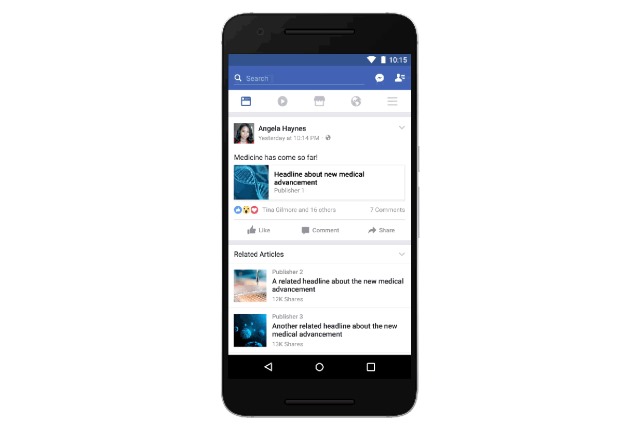
Facebook is testing pre-emptive related articles in News Feed
The "related articles" feature of Facebook's News Feed is nothing new -- in fact it has been with us for more than three years. But now the social network is trialling a new way of displaying related content; rather than waiting until you have clicked on a story to suggest related stories you might be interested in, Facebook will instead be offering these suggestions before you read an article.
As well as giving users the chance to read more about a topic from different source, Facebook says that it will help people to discover articles which have been fact-checked. It is -- almost by accident, it seems -- another way for Facebook to tackle fake news.
